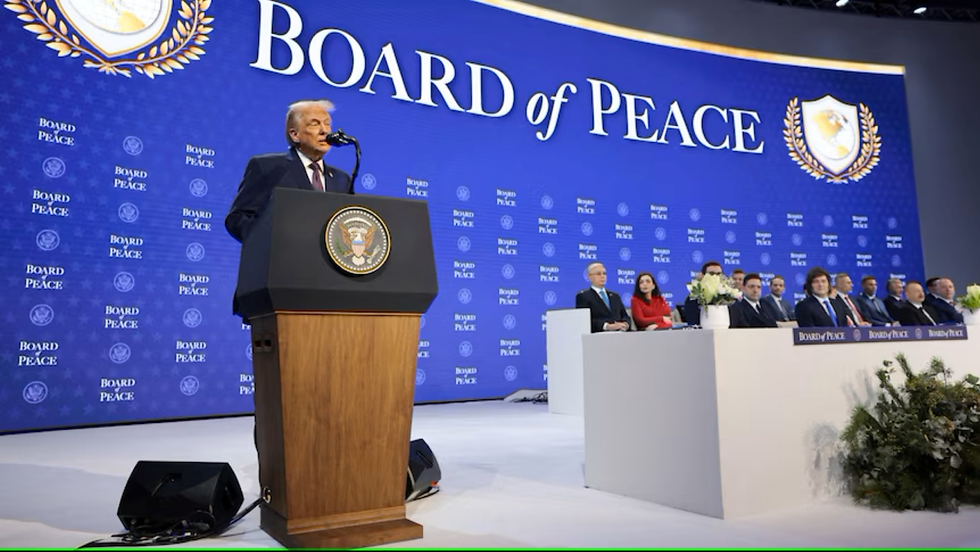Thailand Tightens Cannabis Laws, Restricting Use to Medical Purposes Amid Calls for Recriminalization
- Rahaman Hadisur

- Jun 30, 2025
- 3 min read
Hadisur Rahman, JadeTimes Staff
H. Rahman is a Jadetimes news reporter covering Asia

Three years after Thailand became the first country in Asia to decriminalize cannabis, the government has introduced sweeping new regulations aimed at curbing the unregulated boom in recreational use. As of Thursday, cannabis consumption is now limited to medical and health purposes, with sales requiring a doctor’s prescription.
The move marks a sharp reversal from Thailand’s previous liberal stance, which triggered a nationwide “green rush,” transforming tourist hotspots like Bangkok, Chiang Mai, and Pattaya into hubs for cannabis cafes and dispensaries.
Thailand’s Public Health Minister Somsak Thepsutin emphasized the shift in policy in an interview with CNN on Wednesday, stating, “Cannabis is permitted for medical use only.” Somsak also signaled a longer-term goal to reclassify cannabis as a narcotic substance.
Under the new rules, cannabis dispensaries must verify prescriptions, maintain detailed sales records, and submit to routine inspections. Advertising cannabis products is now banned, and online or vending machine sales are prohibited. Violations may result in up to one year in prison or a fine of 20,000 baht ($620), with proposals for harsher penalties under review.
Roughly 18,000 cannabis businesses across the country must adapt or risk closure.
The advertising ban is expected to reshape tourist-heavy districts such as Khao San Road and parts of Phuket, where neon signage and cannabis-themed merchandise have become part of the scenery. Moving forward, tourists will require medical documentation from Thailand or their home countries to purchase cannabis products, permitted only for treating conditions like chemotherapy-induced nausea or drug-resistant epilepsy.
“We want to tell tourists they are welcome to enjoy Thailand’s culture and nature but Thailand should not be seen as a destination for recreational cannabis use,” Somsak said.
Thailand legalized medical cannabis in 2018, but its 2022 decriminalization created a legal gray zone due to the absence of clear regulations. Recreational use quickly proliferated, and cannabis dispensaries, spas, festivals, and themed businesses flourished.
While a 2022 government report estimated the cannabis industry could reach $1.2 billion by 2025, Somsak said the lack of regulation has made it difficult to accurately assess its value. “Revenue may dip at first,” he said, “but considering the social harm caused by unregulated use, the change is necessary.”
Supporters of tighter regulation cite health risks, increasing reports of cannabis use among minors, and nuisance issues such as public smoking. A zoning proposal in Phuket would further restrict where cannabis can be sold.
Somsak also highlighted the surge in cannabis smuggling, which prompted a joint British-Thai task force. Between October 2024 and March 2025, over 800 individuals were arrested, and more than nine metric tons of cannabis were seized, according to British authorities.
The reforms have drawn criticism from cannabis advocates and small business owners, many of whom see the changes as damaging and poorly implemented.
“It’s a real shame Thailand was one of the first countries to recognize the benefits of cannabis,” said Ake Khattiyadamrong, a cannabis shop owner in Chonburi province. He criticized the lack of education and enforcement that followed legalization, warning that new medical certificate requirements may create loopholes for corruption rather than addressing the root issues.
Activist Kitty Chopaka, from the advocacy group Writing Thailand’s Cannabis Future Network, echoed these concerns. “This is a knee-jerk reaction,” she said. “If the government enforced the existing laws, the issues they now want to fix wouldn’t have existed.”
Chopaka, who recently closed her shop due to market oversaturation and falling prices, warned that the new restrictions may push smaller growers and sellers out of the industry, leaving room for larger entities or illicit operations.
Efforts to formally regulate or recriminalize cannabis through legislation have repeatedly stalled. The ruling Pheu Thai Party’s attempt to reclassify cannabis faced pushback from the pro-legalization Bhumjaithai Party, which has since exited the coalition government.
Somsak acknowledged that pushing new laws through parliament would take time. “Without legal control, any investment or business operations must proceed with caution,” he said.
For now, the public health ministry’s regulations mark a significant policy pivot, signaling Thailand’s intent to rein in its cannabis industry once heralded as a model for reform in the region and placing public health and control at the forefront of future cannabis policy.









































Comments